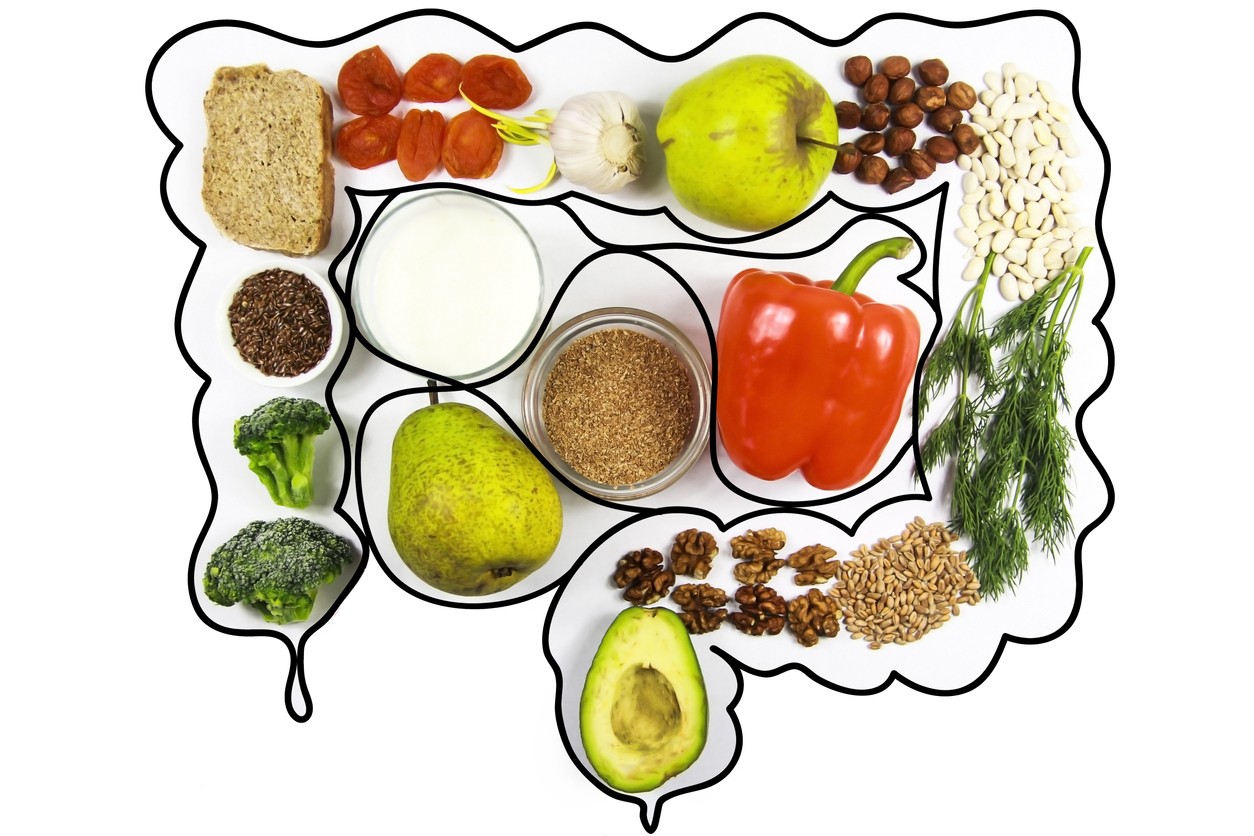
5 Helpful Eating Tips for a Healthy Digestive Tract
Source: Patch
Bloating, gas, irritable bowel syndrome, constipation, diarrhea, sleep, and mood irregularities are just a few of the symptoms that millions experience daily. These symptoms may be your body’s way of saying that there is something wrong with your digestive tract. It could be an unbalance in your gut microbiome.
By definition, a gut microbiome is the totality of microorganisms, bacteria, viruses, protozoa, and fungi found in the gastrointestinal tract. When there are more harmful bacteria than helpful bacteria, you will start to experience one or all of those symptoms. So, what should you do to put your digestive tract balance back? Here are five tips for a healthy digestive tract.
Tips for a healthy digestive tract
1. Say “NO” to processed foods
Stick to fresh foods, such as vegetables, meats, and those with healthy fats. Avoid food that contains additives. When choosing between two products, pick the ones that are less processed and have fewer ingredients.
For some people, certain foods trigger heartburn, gas, or constipation. The reason could be lactose intolerance (the inability to digest lactose). If you have noticed that you have these symptoms after drinking milk or eating food containing dairy, you should consider lactose-reduced foods in your diet.
Other digestive tract problems could be conditions such as celiac disease, diverticulitis, and hemorrhoids.
2. Active life, happy gut!
Regular exercise and an active lifestyle can help you maintain a healthy weight and keep food moving through your digestive system. They will help reduce constipation, which is good overall for your digestive health. Stress and anxiety can also affect your digestive system, and having a good exercise routine may help reduce and manage that stress. Not only is getting enough exercise good for your gut health, but it is also beneficial to maintaining a healthy heart.
3. Achieving balance with probiotics
An unbalanced microbiome can cause all sorts of discomfort, such as IBS or irritable bowel syndrome. If you find yourself in this situation, consider taking a probiotic supplement.
Probiotics can enhance nutrient absorption, break down lactose, and strengthen your immune system. Probiotics are found in pickles, yogurt, kimchi, and other fermented foods. You can also take a probiotic supplement if you don’t want to make big changes in your diet.
4. Enzymes for a healthy gut
For your body to work together, you will need enzymes for a healthy gut. Enzymes are proteins that break down fats, proteins, and carbs easily absorbed by the smaller intestines. These include pineapples, papayas, kiwi fruit, mangoes, avocadoes, mangoes, bananas, kefir, sauerkraut, kimchi, miso, ginger, and honey.
5. Fiber to move food smoothly along
For you to have a healthy digestive tract, the food you eat has to move smoothly along. If your body has difficulty processing food and eliminating waste, it may lack fiber which helps the food move through your digestive tract. There are two kinds of fiber – soluble (wheat bran, vegetables, and whole grains) and insoluble (nuts, seeds, oat bran, beans, and legumes).
Other foods rich in fiber include avocados, broccoli, sweetcorn, carrots, chia seeds, almonds, potatoes, and pistachios.
Conclusion
If you choose an unhealthy diet, it can damage your gut health microbiome, causing an inability to properly breakdown the nutrients you need. An unhealthy gut can result in lack of sleep, low energy, diabetes, early Alzheimer’s, and depression — so choose a healthy digestive tract instead.
For more eating tips for a healthier gut, contact Gastro MD in Tampa. We are cutting-edge clinical gastroenterology practice and set the standard in digestive health care.



